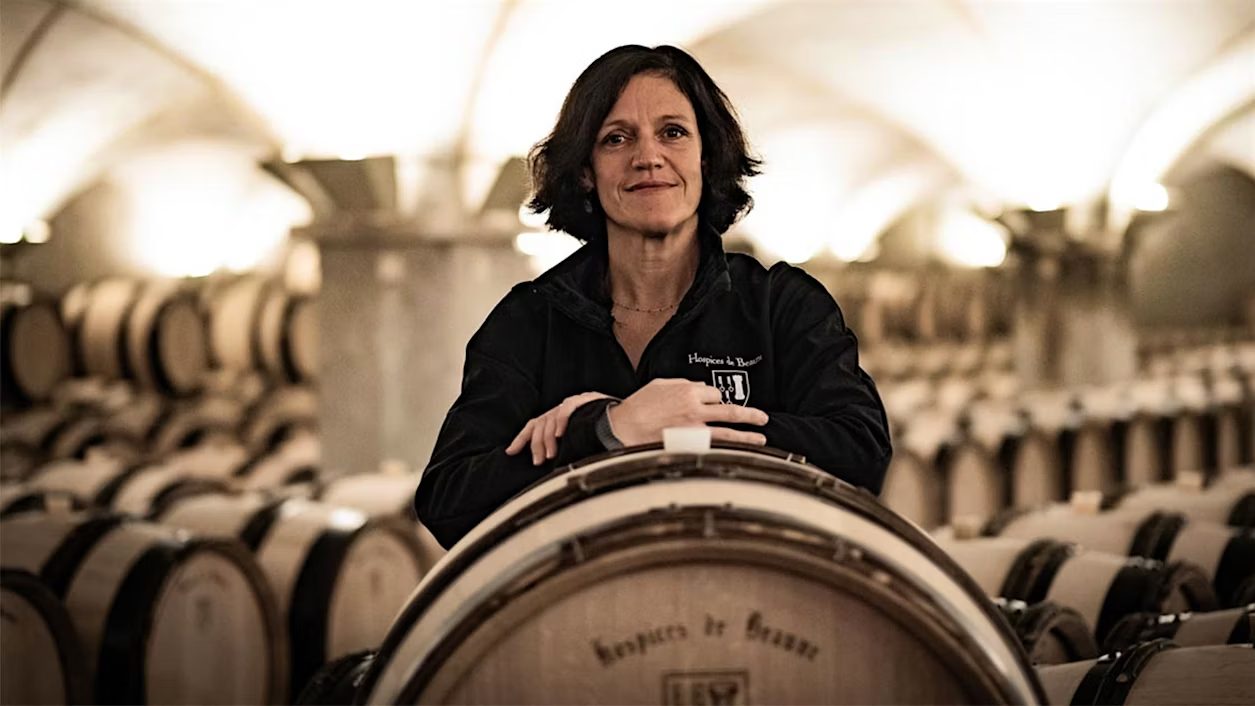Cellar Watch is a critical concept in the wine industry that emphasizes the importance of monitoring and protecting wine investments through various technological tools. The significance of this practice lies in its ability to ensure optimal storage conditions for wine, which directly influences the quality and longevity of these valuable collections. Proper management of factors such as temperature, humidity, and light exposure is essential in maintaining the integrity of the wine.
The tools utilized in a Cellar Watch system can vary, but they generally include temperature sensors, humidity monitors, and light exposure detectors. These devices provide real-time data that informs wine collectors of the conditions within their wine storage spaces. For instance, maintaining a consistent temperature between 50°F and 55°F is imperative for red wines, while white wines often require slightly cooler conditions. Additionally, humidity levels should ideally hover around 70% to prevent corks from drying out, thus preserving the wine’s flavor and aroma.
There are key distinctions to be made between home wine cellaring and professional wine storage facilities. While many enthusiasts may maintain personal cellars, it’s crucial to recognize that professional facilities are designed specifically for optimal wine storage. These establishments often employ advanced climate control technology and professional monitoring, providing a level of assurance that individual collectors might struggle to achieve on their own. The investment in a professional storage solution can protect high-value wine collections, ensuring that they age gracefully.
Ultimately, understanding and implementing a comprehensive Cellar Watch system is vital for any serious wine collector. This proactive approach not only safeguards the quality of the wine but also protects the financial investment associated with wine collection. By using the right tools and practices, wine enthusiasts can rest assured their treasured collections are well-preserved and monitored appropriately.
Preserving Wine Quality
Cellar Watch plays a crucial role in preserving the quality of wine, ensuring that these valuable investments maintain their integrity over time. Ideal wine storage conditions are essential for preventing degradation and spoilage. Typically, wine should be stored in a temperature-controlled environment, ideally between 50°F and 55°F (10°C to 13°C). Temperature fluctuations can cause the wine to expand and contract within the bottle, potentially leading to leakage or cork damage, which, in turn, compromises the wine’s flavor profile. A consistent temperature is vital for preserving the wine’s character and aging potential.
Excessive humidity can pose another threat. Ideal humidity levels for wine storage should range from 50% to 70%. If the humidity is too low, corks can dry out, allowing oxygen to seep into the bottle and spoiling the wine. Conversely, excessive humidity can lead to mold growth on the cork, affecting the wine and creating an unpleasant off-flavor. Cellar Watch assists collectors in maintaining these optimal humidity levels, thus preventing the possibility of spoilage.
Furthermore, exposure to light can significantly affect wine quality. Ultraviolet light, particularly from sunlight, can degrade the wine and cause premature aging. Cellar Watch systems typically incorporate light sensors that help ensure wine is stored away from harmful light sources, providing peace of mind to collectors and enthusiasts alike.
Real-life examples illustrate the effectiveness of monitoring systems. For instance, a vineyard in Napa Valley implemented a cellar monitoring system that resulted in a 30% reduction in cork failures and enhanced wine quality at tastings. With such systems in place, wine collectors can better manage their cellar environments, resulting in wines that mature gracefully and reward the connoisseur with enhanced flavors and aromas.
Financial Security and Investment Value
Wine collecting can often be seen as both a passion and a financial investment. As enthusiasts curate their collections, it is crucial to understand the importance of protecting these assets through effective Cellar Watch practices. Proper wine storage not only preserves the quality of the wine but can also significantly enhance its value. With some wines appreciating over time, collectors can reap impressive financial rewards. For instance, fine wines from Bordeaux and Burgundy, particularly those from reputable vintages, consistently demonstrate the potential for substantial returns on investment.
When wine is stored under optimal conditions, its character continues to develop, and market demand can lead to increased valuation. Conversely, neglecting wine storage can have detrimental effects. Exposure to unsuitable temperatures, excessive humidity, or improper light can compromise the integrity of the wine, leading to decreased marketability and lost value. Collectors must recognize that the financial security of their wine investment is closely tied to how it is stored and maintained.
Moreover, wines from prestigious producers or limited releases can be particularly susceptible to market fluctuations based on perceived quality. For example, allocations from top-rated vintages of sought-after wineries can sell at a premium, making proper care even more vital. As the wine industry becomes increasingly competitive, collectors who prioritize Cellar Watch methods can protect and augment their investments. This not only safeguards the wine’s initial purchase price but also positions collectors to take advantage of market trends, ultimately ensuring a greater return on their investment.
In conclusion, understanding the financial aspects associated with wine collecting highlights the importance of effective Cellar Watch practices. By prioritizing proper storage, collectors can ensure that they protect their valuable investments while maximizing the potential appreciation of their wine. This proactive approach to wine collection serves to secure financial stability and encourages a deeper appreciation for the art of wine investment.
Implementing Cellar Watch Strategies
To effectively implement Cellar Watch strategies, it is crucial to begin by selecting the appropriate technology for monitoring your wine cellar. Various devices and tools are available that can track temperature and humidity levels, which are vital for preserving the integrity of your wines. Consider using smart thermometers and hygrometers that can sync with a mobile application, providing real-time readings and historical data. This technology enables collectors to make informed decisions about their wine storage conditions.
Setting up alerts is another significant strategy. Many monitoring devices allow users to establish threshold limits for temperature and humidity. Once these limits are breached, notifications can be sent via text message or email, prompting immediate action. This proactive measure ensures that any potentially detrimental changes to the cellar environment are addressed promptly, safeguarding the quality of the wine investment.
A regular maintenance routine is also essential in maintaining optimal conditions for wine storage. Establish a schedule that includes periodic checks on monitoring equipment, cleaning any dust from vents, and inspecting for leaks or damage in the cellar. Additionally, performing a yearly inventory assessment allows collectors to evaluate their stock and ensure that less accessible bottles are rotated for proper aging.
Both amateur wine collectors and seasoned connoisseurs should find these practices beneficial in their Cellar Watch journey. By integrating technology for monitoring, setting up alerts, and adhering to a maintenance routine, wine enthusiasts can enhance their wine management strategies. These actionable steps not only protect their investments but also enrich the overall experience of wine collection and appreciation.










But isnt the pleasure of drinking the wine its real investment value?
Cellar Watch sounds great but arent wine fridges equally effective and simpler?
Is Cellar Watch really worth it? Can it truly preserve my wine quality?
Does Cellar Watch really preserve wine quality better than traditional methods?
Cellar Watch sure protects wine, but does it really secure our financial investment?
Any ideas on cellar watch for beer enthusiasts? Worth the investment?
Anyone else think a Cellar Watch could double as a man-cave?
Does Cellar Watch also cover the potential depreciation of wine value?
Isnt cellar watch a bit overkill? What happened to just enjoying wine?
Wouldnt a wine fridge suffice? Do we really need a whole cellar watch?
Does Cellar Watch really increase investment value or just inflate wine prices?
Cellar Watch sounds great, but how does it fare against natural disasters?